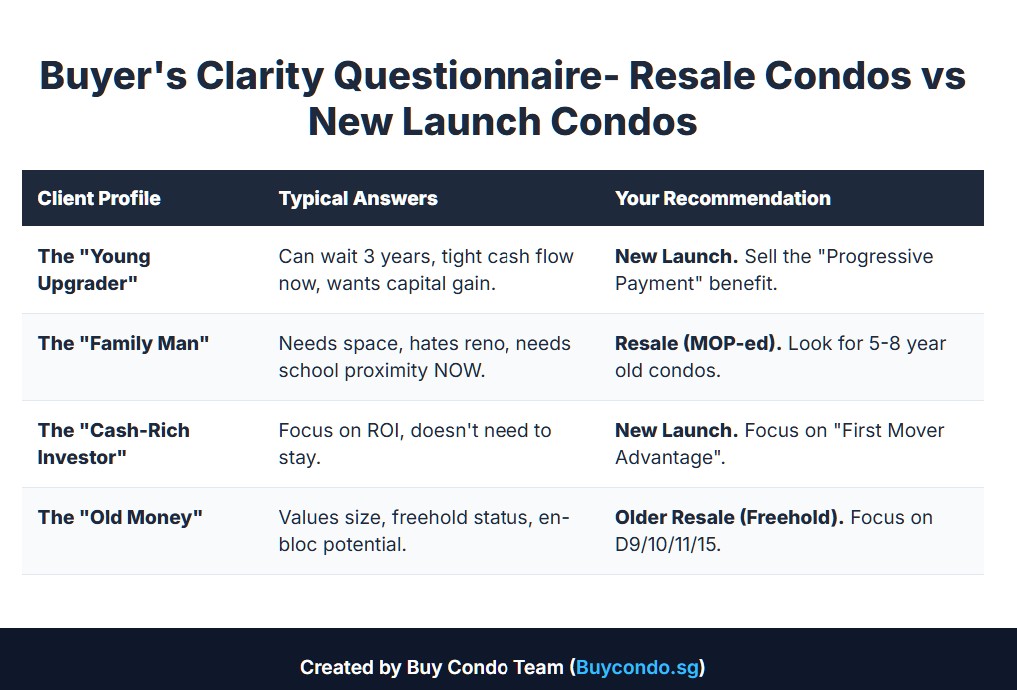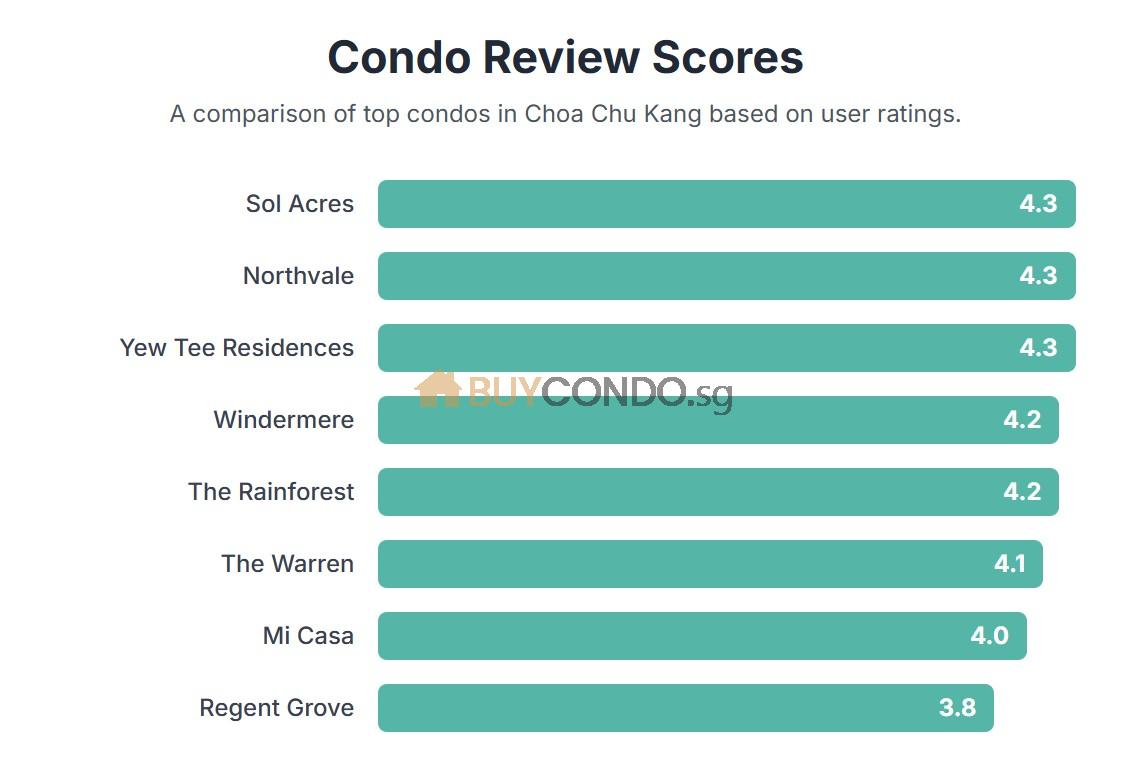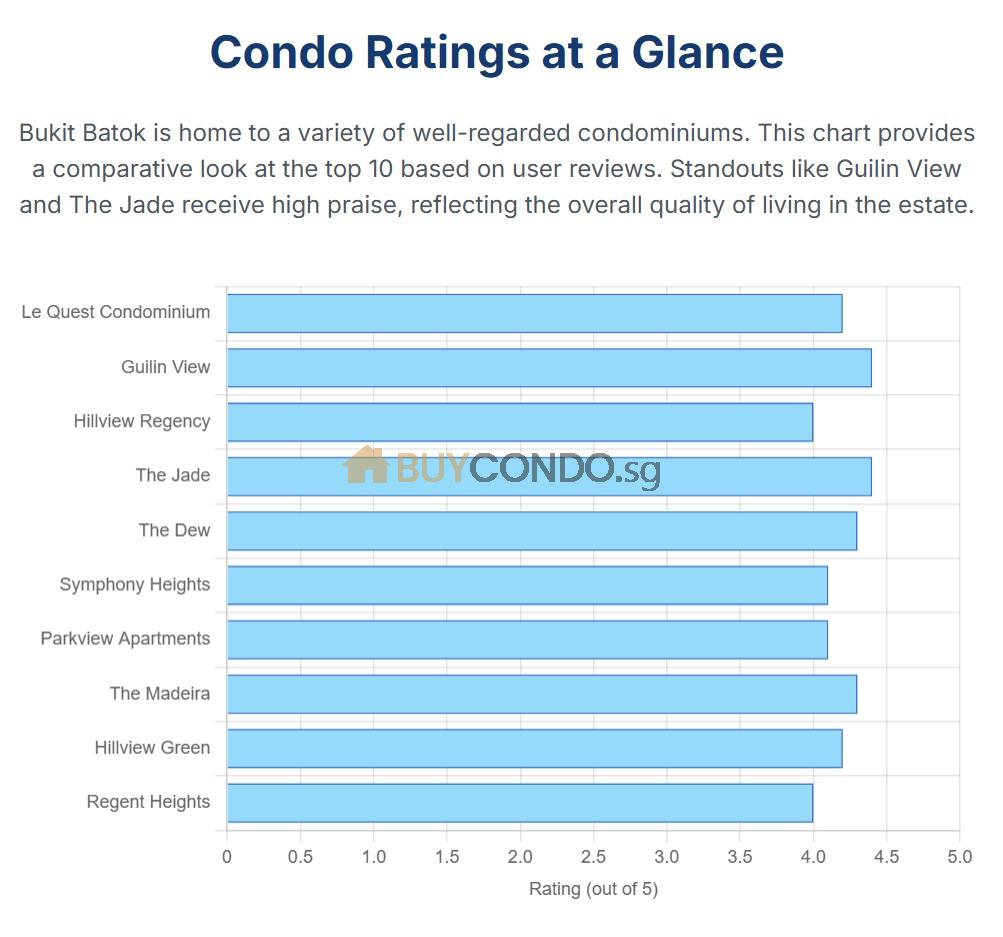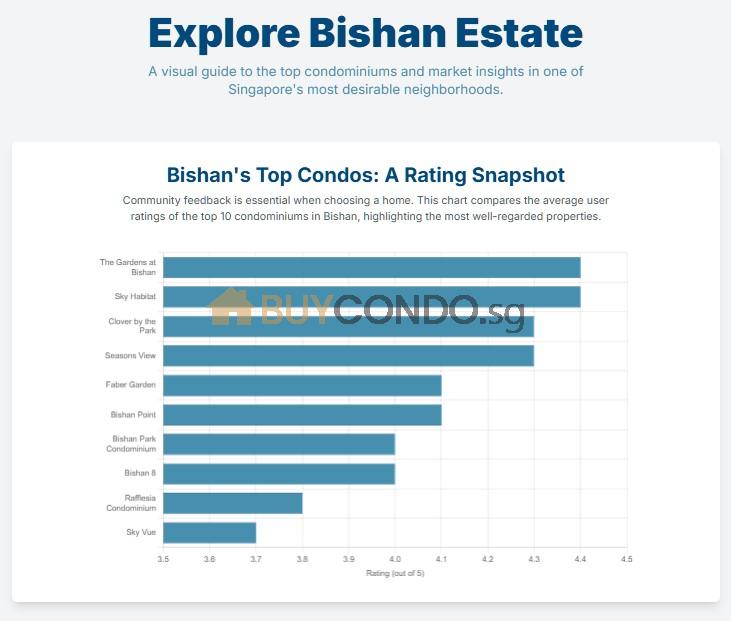Is it possible to talk to the landlord and lower your rent you have to pay for an apartment? Expert Advice
As much as we property managers do not prefer to receive such requests on behalf of our landlords. We cannot underlook on it since there are a growing number of inquiries we will need to answer.
For the past two years, We have been receiving calls from our clients about whether they can terminate the lease, and they do not want to get locked in with the old rental rates.
In Today’s Market, 2024, we are experiencing tenants’ request wanting to terminate the lease for various reasons. But we are seeing this mainly because there is more supply and flexibility in the market. The tenant may want to take the opportunity to move to a bigger, better, or cheaper apartment.
![]()
We have a Case Study for the 2 apartments we are doing property managing in The Icon @ Gopeng Street.
The leases are renewed yearly, and the rents reflect the previous years are inched up from Year 1 $5,500, Year 2 $6,000, and Year 3 $6,500.
The current asking rents can be anything from $5800 to $7,000, not withholding some units that can offer highly high unblock city views and good furnish.
Navigating a lease termination for apartments is akin to steering a ship through uncharted waters, requiring care and negotiation skills.
In a cooled-off rental market, property management typically holds the reins but may exhibit flexibility.
Potential shifts in the tenant-landlord dynamic can open doors to amicable solutions and potentially lower rent agreements during lease breaks.
BUYCONDO Team, we have helped many Landlords to negotiate and get succession to getting a common ground and understanding between tenants and landlords. Reach out to us if you are facing similar problem.
Understanding Your Rental Contract
Before initiating any negotiations to break your lease, thoroughly examining your rental agreement’s stipulations is pivotal. This legal document dictates the terms of your tenancy, including the conditions under which a lease can be terminated prematurely. Understanding the fine print can empower you with information to leverage during discussions with your landlord or property manager.
In particular, look out for a “break clause” within your contract. A break clause provides both parties — the tenant and the landlord — a legally sanctioned opportunity to end the lease agreement early, usually after passing a specified minimum duration. Should this clause be a part of your contract, it bestows upon you a more advantageous stance to negotiate the terms of your lease break, including the possibility of a reduced rent as part of the early termination agreement.
Identifying Break Clause Conditions
Thorough scrutiny of your lease is critical—identify clauses that permit early termination. This will form the keystone of your negotiation strategy.
During your Renting Journey, When a “break clause” is present, it acts as a gateway for discussions. It legally entitles tenants to initiate lease termination conversations, positioning you more favourably.
A well-negotiated break clause can be a valuable tool for tenants seeking flexibility.
Evaluate the specific requirements: notice periods, penalties, or other conditions. Understanding these fully ensures you approach negotiations informed and prepared to offer viable solutions.
Assessing Penalties for Early Termination
Lease contracts are legally binding agreements.
Before contemplating premature lease termination, it’s imperative to understand that lease contracts typically encompass stipulations detailing penalties for early lease cessation. Provisions could include forfeiture of security deposit, payment of remaining rent, or other substantial financial implications. Careful examination of such penalties is essential to gauge the possible financial repercussions.
Avoid making assumptions about penalty waivers or reductions by asking your property agent.
When engaging in lease termination discussions, the common presumption that penalties can be waived or reduced is often incorrect. Largely, penalties are there to protect the landlord’s interests and compensate for the potential loss of continuous rental income.
Please do not assume by giving 2 months notice you can terminate the lease by either parties. This is hardly being said in any part of the contract regardless HDB or Condo unless it is due to the diplomatic clause.
Consider the rationale behind the penalty clause.
The penalty clause is not a punitive measure—its purpose is to mitigate the landlord’s risk of income loss due to premature lease termination. Recognizing this rationale can provide a basis for negotiation, demonstrating your understanding of the implications for the property owner.
Negotiation must be approached with a sound strategy.
Effective discussions concerning penalties necessitate a strategic approach grounded in legal and financial comprehension. The recent cooling of the rental market, as of early 2023, could provide leverage and context during negotiations. This realignment might allow for reconsidering terms under the premise of current market conditions.
Negotiation Strategies with Landlords
When initiating a conversation to renegotiate your lease, it is essential to present your case to the landlord with both clarity and diplomacy. Emphasize the current realities of the property market, which may have experienced a downturn, suggesting that finding a new tenant could be challenging and time-consuming. Offer concrete evidence, such as recent rental trends or vacancy rates, to substantiate your position.
Consider proposing a graduated penalty or an alternative tenant to take over the lease as part of the negotiation process. It is important to approach these discussions with the understanding that the landlord seeks minimal disruption to their cash flow, so any suggestions you make should aim to strike a balance between your needs and the landlord’s business interests.
Highlighting the Cooler Rental Market
The rental landscape has undeniably shifted, epitomizing a softer demand in the property sector.
Amid abundant supply, landlords may find their bargaining power has moderately diminished, rendering some previously commanding rental prices unrealistic.
With market data evincing a decline in rental costs, tenants possess strengthened negotiation stance when seeking consensual lease breaks.
Analyses suggest a tangible cooling effect precipitated by macroeconomic factors affecting the rental market’s buoyancy.
Consequently, tenants discern an opportunity to discuss lease terms with landlords, guided by this cooled-off market environment.

Presenting a Win-Win Scenario
When broaching the subject of an early lease termination, it is imperative to construct a proposition that benefits both parties.
- Present comparable market rents to demonstrate potential rental rates.
- Offer a reasonable notice period to allow ample time for the landlord to find a new tenant.
- Propose to assist in the re-leasing process, such as showing the property or enhancing its appeal on listing platforms.
- Suggest a flexible move-out date, aligning with the landlord’s ability to secure a replacement tenant.
It is essential to provide assurances that aim to minimize financial and logistical disruptions.
Constructing a thoughtful exit strategy/tactics illustrates a proactive and cooperative approach, which can engender a more favorable negotiation.
Offering Advance Notice : Is it possible to talk to the landlord and lower your rent you have to pay for an apartment?
Providing your landlord with sufficient advance notice of your intention to break the lease is imperative.
- Communicate early by notifying your landlord of your decision as soon as possible, ideally several months before your intended departure.
- Explain your circumstances clearly and courteously to help the landlord understand your position and be more inclined to negotiate.
- Request a meeting to discuss potential arrangements in person, which can often result in a more amicable and effective negotiation.
- Follow up in writing, ensuring there is a record of your notice and any agreements reached or discussed.
Early notice can be instrumental in demonstrating good faith and mutual respect.
It may also provide the landlord ample time to market the property effectively to prospective tenants.
Legal and Financial Considerations
When contemplating breaking a lease, it is imperative to be conversant with the terms of the agreement, which typically outline the penalties for early termination. Such financial implications may include forfeiture of deposits or charges proportional to the remaining lease period. It is then critical to ascertain the potential financial ramifications before initiating discussions with your landlord or property management.
In addressing negotiations for lower rent upon lease termination, consider the “cooling-off” state of the rental market, which may influence a landlord’s receptiveness to your proposal.
If the market is sluggish, a landlord might prefer to secure a replacement tenant at a reduced rate rather than face an extended vacancy. Hence, adeptly leveraging such market conditions when negotiating can potentially result in a reduced financial burden for a tenant seeking to exit a long-term contract.
Understanding Singapore’s Rental Laws
Navigating Singapore’s rental laws requires a grasp of key legal provisions governing tenancy agreements.
- Tenancy Agreements: These are binding contracts outlining the terms between landlords and tenants. It is prudent to review these documents meticulously before signing.
- Diplomatic Clause: Allows tenants to terminate leases early, typically after a minimum occupancy period (e.g., 12 months), if they are no longer employed, transferred, or leave Singapore.
- Security Deposits: Paid up-front to safeguard against damages, which could be forfeited if a lease is broken improperly.
- Rental Market Dynamics: Understanding the current market conditions, whether it’s buoyant or subdued, can be advantageous during negotiations.
Should the market be cooling, this may offer leverage in discussions with lessors.
Ultimately, negotiation is a nuanced art, especially when it concerns amending legally-binding contracts such as tenancy agreements.
Calculating Potential Savings vs. Costs
Early termination may entail significant penalties.
Assessing the financial implications of breaking a lease requires careful deliberation. One must consider potential savings against the likely costs, which can include the forfeiture of security deposits and punitive fees stipulated by the tenancy agreement. This complex calculus necessitates a thorough analysis of both the existing contractual obligations and the prevailing rental market conditions.
The balance is in the details of the contract terms.
Any cost-saving budget assumptions should be scrutinized – is the market favorable enough to warrant lease termination? Contemplate the opportunity cost and financial penalties associated with breaking the agreement as well as the feasibility of securing alternative accommodations at a reduced rate.
A comprehensive cost-benefit analysis is paramount.
In light of these factors, it is advisable to engage in meticulous calculations that encompass all potential expenditures and savings. Remaining current with the latest market shifts and developments is crucial; as of the first quarter of 2023, discerning the market trend is vital in steering these complex negotiations.
This approach ensures that decisions are made with a full understanding of the financial impact, thus optimizing the potential for a favorable outcome.
Preparing for Landlord Discussions
Arm yourself with current market data before initiating conversations/talk with your landlord. A well-informed tenant is a formidable negotiator.
In your arsenal should be comparable rental rates, vacancy statistics, and an understanding of market dynamics. This evidence backs up your request for reduced rent or mitigated penalties.
Emphasize dialogue and mutually beneficial solutions while maintaining a professional demeanor. Flexibility and respect can be persuasive factors in successful negotiations.
Documenting Communication
Initiating negotiations to amend the terms of a rental contract demands strategic organization, particularly in how communication is documented. Accurate records preserve the integrity of discussions, exemplifying a tenant’s conscientious approach to these matters.
Always put agreements in writing to guard against potential disputes. Verbal commitments lack the enforceability of documented accords.
Furthermore, written correspondence helps trace the evolution of the negotiation, providing a clear (timestamped and date-stamped) record of concessions and compromises made by both parties.
Email or other digital forms of communication offer a reliable medium for documenting exchanges, ensuring that both parties have access to the same information, and reducing the chances of misunderstanding.
Prior to initiating any dialogue, establish a protocol for recording interactions, ensuring that each piece of communication can easily be retrieved and referenced during later stages of the negotiation or if legal issues arise.
Finally, it is wise to confirm receipt of communications whenever possible. These acknowledgements build a timeline of the dialogue, providing a robust foundation should disputes or formal proceedings become necessary.
Proposing Flexible Solutions
In the softening rental market landscape, it is prudent to approach your landlord with alternative arrangements by reduce rent that may be mutually beneficial can lead to both parties to save money.
Consider convince by proposing a rent reduction in exchange for an extended renewal lease.
When formulating your proposal, display an understanding of the current market dynamics and articulate how a reduced rate aligns with prevailing trends, while also considering the landlord’s mortgage obligations.
It is imperative to present a compelling case that illustrates the potential advantages of accepting lower rent over the risks of prolonged vacancy, particularly if the rental market continues downward. This demonstrates a keen awareness of the property management challenges and positions you as a partner in achieving a sustainable agreement.
FAQ: Negotiating Lower Rent with Landlord When Breaking Lease
Is it possible to negotiate lower rent with the landlord when breaking a lease?
Can I negotiate lower rent with my landlord if I need to break my lease?
Yes, it is possible to negotiate lower rent with your landlord when breaking a lease, but it depends on various factors such as the rental market conditions and your relationship with the landlord.
What should I consider before approaching my landlord to negotiate lower rent?
Before approaching your landlord, it is important to research the current rental market conditions and gather information on similar rental properties in the area. Additionally, consider your reasons for breaking the lease and any potential consequences.
How should I approach my landlord to negotiate lower rent?
When approaching your landlord, it is important to be professional and respectful. Clearly explain your situation and reasons for requesting lower rent. Provide any supporting documentation or evidence, such as market research or financial difficulties, to strengthen your case.
What are some possible outcomes when negotiating lower rent with the landlord?
The outcome of the negotiation will depend on various factors. Your landlord may agree to lower the rent, offer a temporary reduction, or suggest alternative solutions such as subletting or finding a new tenant. It is important to be open to compromise and maintain good communication throughout the negotiation process.
Are there any risks involved in negotiating lower rent with the landlord?
There are potential risks involved in negotiating lower rent, such as damaging your relationship with the landlord or facing legal consequences if the negotiation is not handled properly. It is advisable to seek legal advice or consult a real estate professional to ensure you understand your rights and obligations.
What should I do if my landlord refuses to negotiate lower rent?
If your landlord refuses to negotiate lower rent, you may consider exploring other options such as subletting, finding a new tenant, or seeking legal advice. It is important to understand your rights and obligations as a tenant and to act in accordance with the terms of your lease agreement.
Remember, every situation is unique, and it is important to approach the negotiation process withIs it possible to negotiate lower rent with landlord when breaking lease?













